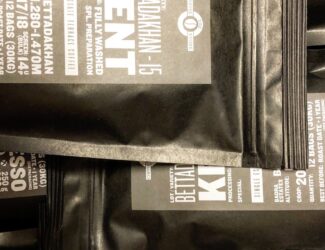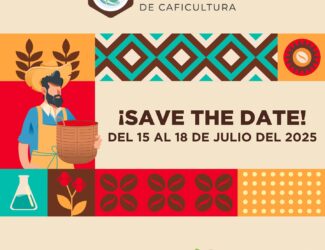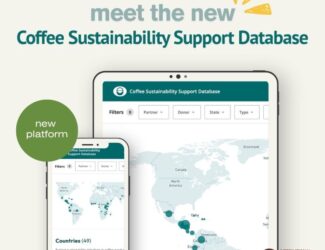
Center for Circular Economy in Coffee (C4CEC)
The Center for Circular Economy in Coffee (C4CEC) is revolutionizing the coffee industry by promoting sustainability through circular economy practices. As the first precompetitive platform of its kind, C4CEC brings together international partners to implement innovative solutions, pilot projects, and share valuable knowledge across the coffee value chain—from farming to consumption and disposal.
Who Are C4CEC ?
The Center for Circular Economy in Coffee (C4CEC) is the first precompetitive platform dedicated to enhancing the circular economy within the coffee sector. Located in Turin, Italy, and supported by international partners, its mission is to implement circular economy practices, pilot innovations, advance research, and disseminate best practices, solutions, case studies, and practical information across the entire coffee value chain—from farming to consumption and disposal.
The Scientific Board leverages cutting-edge research from universities and academic centers, building on transformative approaches from Slow Food and the Sys-Systemic Design Lab. The ITC’s Coffee Guide Network Circular Economy Working Group, in close partnership with ICO and UNIDO, serves as a multi-stakeholder forum to shape the direction of circular economy in the coffee sector. Their work and findings are shared through C4CEC, inviting interested individuals to participate and contribute.
What C4CEC Do?
C4CEC aims to make circularity know-how accessible to a diverse group of stakeholders, including companies, associations, universities, institutions, small and medium enterprises, local communities, and other coffee stakeholders. Through a collaborative approach, they enhance the environmental, social, cultural, and economic sustainability of the coffee value circle. They support stakeholders through knowledge transfer and resource mobilization for adapting and implementing circular solutions, while promoting the acceleration of circular economy practices in the coffee sector.
C4CEC Initiatives
- Improve and Promote Circular Economy Culture: C4CEC organizes courses, provides resources, and creates learning pathways to share best practices, research, studies, and practical information on circular economy in the coffee value chain.
- Project Platform: C4CEC convenes a multi-stakeholder knowledge-sharing network to develop and disseminate evidence-based best practices in the coffee sector. Initiatives are approved by the Scientific Board.
- Pilot Projects and Research: C4CEC offers customized member support for developing ideas, pilot projects, and know-how related to circularity. They assist entities in developing ideas or sharing knowledge about sustainability projects in the coffee sector.
- Marketplace Platform (In Development): An online tool to connect entities involved in the circular economy of coffee, facilitating matchmaking between companies that produce waste, those that recover it, those that transport it, and those that reintroduce it into new production cycles.
Founders
- Lavazza Foundation: Founded in 2004 to promote and implement economic, social, and environmental sustainability projects, supporting coffee-producing communities worldwide through partnerships with public and private bodies, international organizations, and NGOs.
- Politecnico di Torino: Established in 1859, it is Italy’s first engineering school and a leading institution for training engineers, architects, designers, and urban planners with rigorous standards.
- University of Gastronomic Sciences: Founded in 2004 by Slow Food and Italian regions, this private non-profit institution focuses on renewing farming methods, protecting biodiversity, and creating a relationship between gastronomy and agricultural science.
Strategic Partners
- International Coffee Organization (ICO): Established in 1963, ICO is the only intergovernmental organization for coffee, representing 93% of world coffee production and 63% of world consumption.
- International Trade Centre (ITC): A joint agency of the World Trade Organization and the United Nations, dedicated to supporting the internationalization of micro, small, and medium-sized enterprises through partnerships for sustainable food systems.
- UNIDO: A specialized agency of the United Nations that promotes inclusive and sustainable industrial development, contributing to all the Sustainable Development Goals (SDGs) through technical cooperation, research, policy-advisory services, and fostering partnerships for knowledge and technology transfer.
For more information or to participate in their initiatives, contact [email protected].



